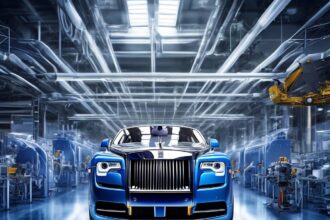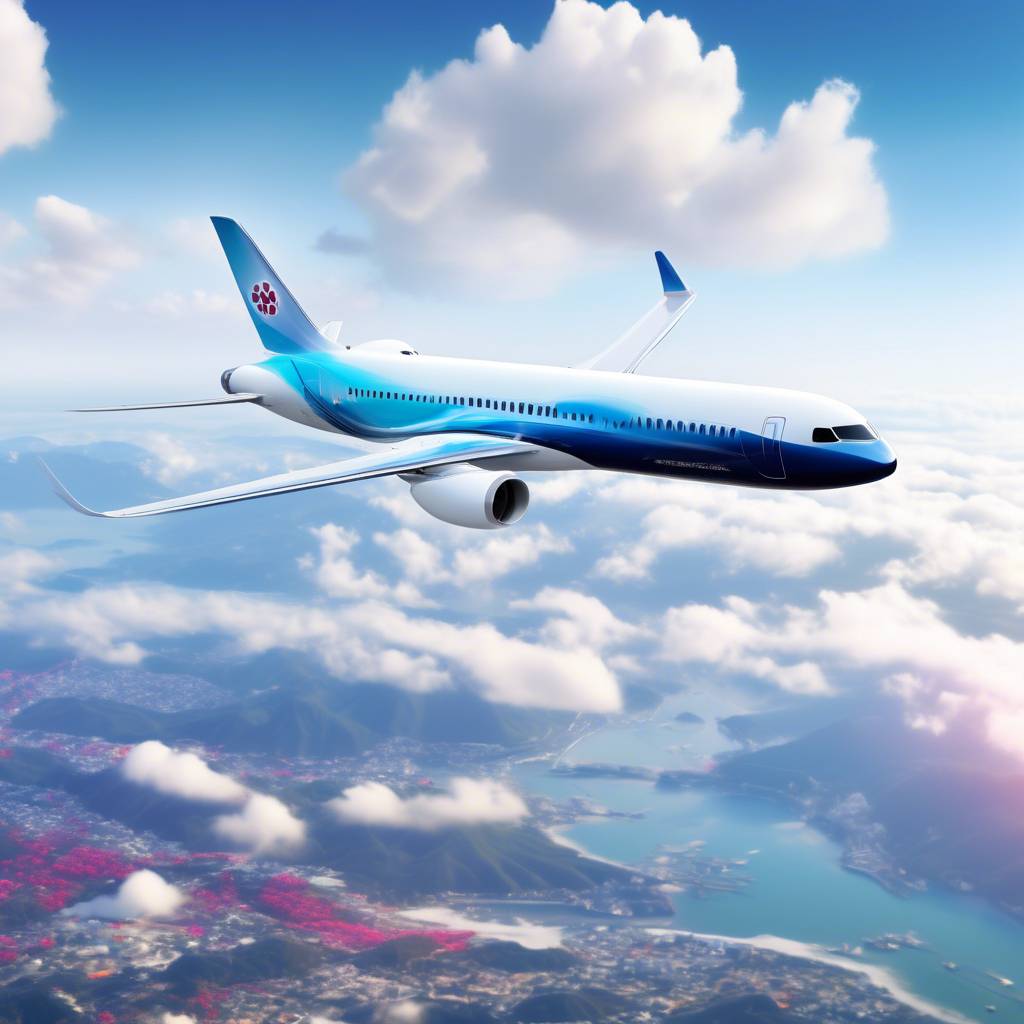In a bid to challenge Airbus and Boeing’s dominance in the aviation industry, Japan’s Ministry of Economy, Trade and Industry has announced plans to invest 4 trillion yen ($26.46 billion) in a public-private partnership to develop a next-generation hydrogen-powered passenger jet. The ministry aims to build next-generation aircraft based on Japan’s competitive technologies and contribute to the decarbonization of air transport. Japan expects the development of the sustainable aircraft to be completed after 2035.
Japan’s last commercial aircraft program was the YS-11 turboprop, developed in 1962 to replace the discontinued Douglas DC-3. Despite performing well domestically, the YS-11 faced challenges in selling abroad after a revaluation of the yen. The aircraft was eventually phased out in 1973 but continued to have a long service life until its last commercial flight in 2006. The recent Mitsubishi SpaceJet program failed to take off due to development complications and the impact of the COVID-19 pandemic, leading Mitsubishi Heavy Industries to terminate the program last year.
Japan’s ambitious new aircraft program aims to develop hydrogen-powered planes, aligning with the country’s goal to be carbon neutral by 2050. Airbus has also announced plans to develop hydrogen-powered aircraft by 2035, aiming to fly an A380 hydrogen testbed by 2026. Boeing, on the other hand, has been more reserved, predicting that hydrogen-powered flights may not launch until 2050. Hydrogen fuel is seen as an attractive option for reducing carbon emissions in the airline industry as it does not emit carbon dioxide when burned.
The Japanese ministry has mentioned that while hydrogen is the main focus for the program, research will also be conducted into other viable fuel options like hybrid electrics and hydrogen fuel cells. This approach is due to the ministry’s belief in shared risk between the private and public sectors and the importance of international cooperation in the development of the new aircraft. With plans to be a leader in carbon-neutral technologies like hydrogen, Japan is positioning itself as a strong contender in the sustainable aviation sector.
Japan’s announcement of the new aircraft program comes on the heels of China’s Commercial Aircraft Corporation of China taking its C919 passenger jet and ARJ21 regional jet on a tour of Southeast Asia. This move by COMAC was seen as an attempt to attract new customers as Boeing and Airbus face production challenges. It remains to be seen if Japan can develop a competitive plane with new fuel technology in time to meet airline needs. Despite the challenges, state minister Iwata emphasized the importance of the Japanese aircraft industry achieving sustainable growth and not just being satisfied as a parts supplier.









